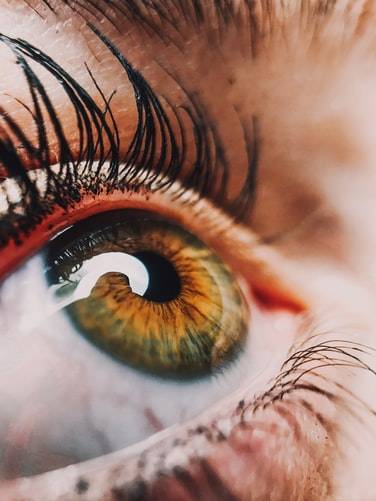Eye drops could replace reading glasses for millions of people suffering from presbyopia. Early in life, the eye lens is soft and flexible, easily changing its shape, which allows us to focus on objects both near and far. However, as we age, the lens becomes less elastic, making it more challenging to see things up close.
While the condition can be diagnosed through a routine eye exam and corrected with glasses, contact lenses, or even surgery, there is no definitive cure for it. Researchers have now come up with a new solution in the form of eye drops that can be used once daily to improve vision within minutes.
The drops, known as AGN-190584, work on the eye muscles that control the iris behind which the lens sits. This action makes the pupil in the center of the iris smaller, creating a pinhole effect that increases depth of focus—the distance at which things can be seen clearly—and enhances near vision.
The drops contain a drug called pilocarpine, which is involved in the contraction of certain muscle types. The drug was originally found in the leaves of the Pilocarpus plant in South America and is already used to treat dry mouth by increasing saliva production and addressing glaucoma damage to the optic nerve by lowering intraocular pressure.
A trial involving 750 individuals conducted at centers across the U.S., including Ohio State University, found that using the eye drops daily is safe and effective. Furthermore, those suffering from presbyopia who used the drops experienced significant improvements in their vision, including the ability to read better. They were able to see three or more additional lines on the eye chart in low-light conditions during eye tests compared to those who received a placebo.
The drops began to take effect within 15 minutes, with peak effectiveness occurring after one hour. Side effects included headaches and eye redness in one out of twenty patients who used the drops.
Allergan, the manufacturer of the eye drops, which conducted the study, hopes to receive approval for their use in the United States by the end of this year. If this occurs, it would mark the first treatment of its kind for presbyopia, according to the Daily Mail.




